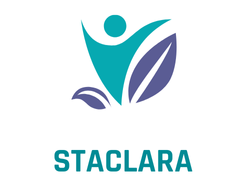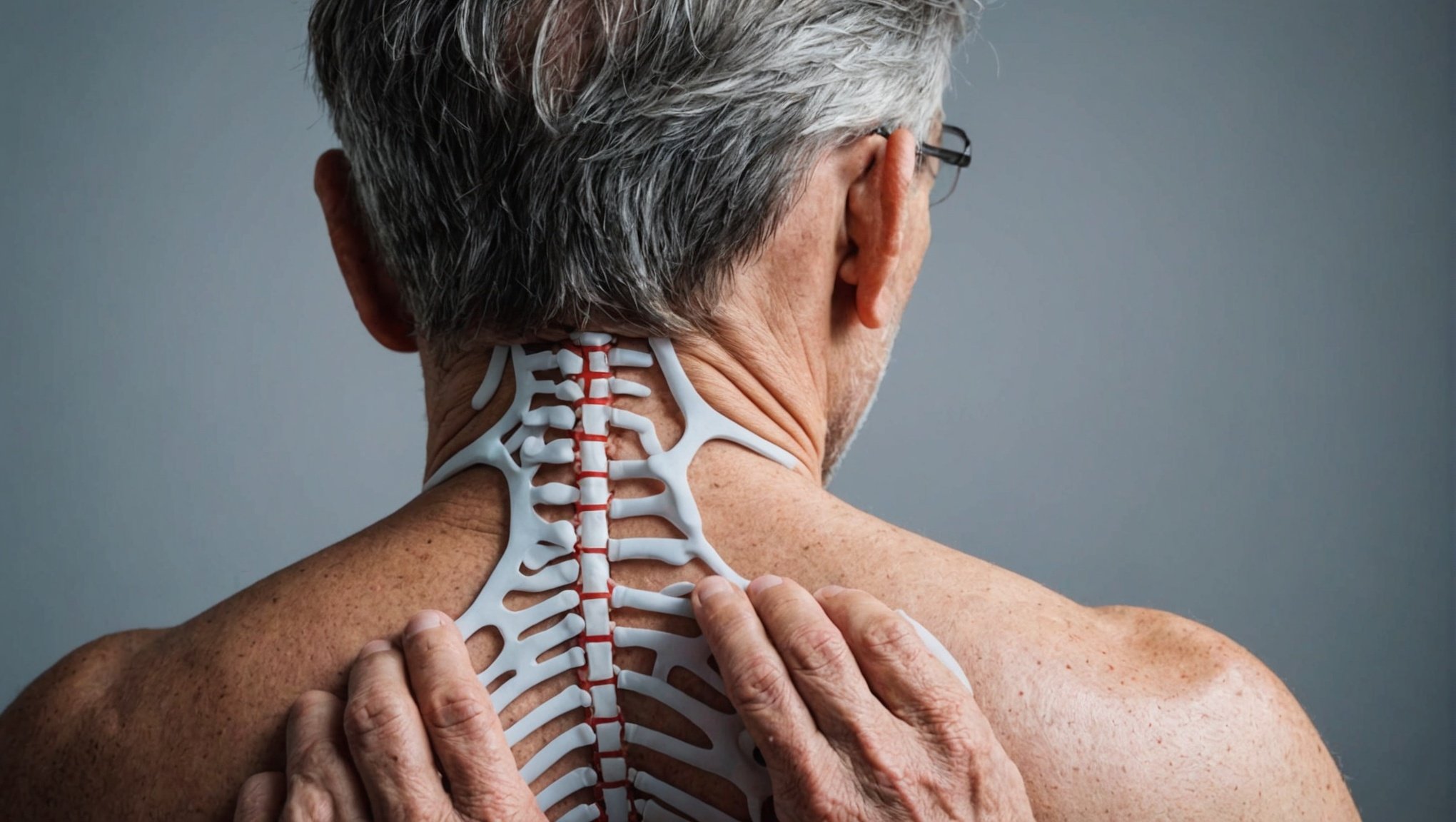Neuropathic pain affects millions, yet traditional opioid treatments often fall short and pose significant risks. UK pain experts are pioneering innovative strategies to address this pressing issue. Harnessing cutting-edge research and alternative therapies, these professionals aim to empower patients with effective solutions that prioritize safety and wellbeing. Discover how their groundbreaking approaches shift the paradigm in pain management, offering hope for those in search of relief without the heavy burden of opioids.
Overview of Neuropathic Pain and Current Management Strategies
Neuropathic pain is a complex, chronic condition resulting from nerve damage or dysfunction. It affects millions worldwide, often manifesting as shooting, burning, or tingling sensations. Traditional management strategies frequently involve opioid therapies, which, while effective for some, present significant limitations. These include the risk of addiction, tolerance, and a host of side effects.
Also to read : Essential Strategies for UK Nephrologists: Optimizing Phosphate Control in Dialysis Patients to Prevent Bone Disorders
Given these challenges, there is a growing emphasis on exploring non-opioid strategies. These alternatives aim to provide effective pain relief while minimizing adverse effects. Non-opioid options include anticonvulsants, antidepressants, and topical treatments, offering a broader spectrum of pain management without the risks associated with opioids.
Current Management Strategies
- Anticonvulsants: Gabapentin and pregabalin are commonly used to alleviate neuropathic pain.
- Antidepressants: Certain antidepressants, like amitriptyline, have shown efficacy in pain reduction.
- Topical treatments: Lidocaine patches and capsaicin creams offer localized relief.
The importance of these non-opioid strategies cannot be overstated, as they provide a safer, more sustainable approach to managing neuropathic pain. This shift in focus underscores the need for continued research and innovation in pain management solutions. By embracing these alternatives, patients can achieve improved quality of life without the drawbacks of traditional opioid therapies.
Also to see : Empowering UK Veterinarians: Integrating Holistic Approaches for Effective Chronic Pet Condition Management
Innovative Non-Opioid Approaches in the UK
Exploring novel non-opioid treatments is essential for advancing neuropathic pain management. In the UK, pain specialists are at the forefront of developing such innovative approaches. These experts are focusing on therapies that offer effective relief without the risks associated with traditional opioid use.
Overview of Current Research
Research in the UK has highlighted several promising non-opioid treatments. One standout innovation is the use of neuromodulation techniques, which involve altering nerve activity through targeted stimuli. This method shows potential in reducing pain by directly addressing nerve dysfunction.
Key Innovations from UK Experts
UK pain specialists are also pioneering the use of botulinum toxin injections as a treatment for neuropathic pain. These injections have demonstrated efficacy in reducing pain intensity and improving patient quality of life. Additionally, cannabinoid-based therapies are gaining traction, providing another avenue for pain relief that specialists are keenly exploring.
Comparative Analysis of Non-Opioid Methods
To better understand these innovations, consider the following comparison:
| Treatment Type | Mechanism of Action | Potential Benefits |
|---|---|---|
| Neuromodulation | Alters nerve activity | Minimizes pain at the source |
| Botulinum Injections | Blocks pain signals | Reduces pain intensity |
| Cannabinoid Therapy | Modulates pain pathways | Offers alternative relief |
These non-opioid treatments underscore the commitment of UK experts to revolutionize pain management, providing patients with safer, effective options.
Evidence-Based Treatments for Neuropathic Pain
Understanding the latest evidence-based treatments is crucial for improving neuropathic pain management.
Recent Clinical Trials
Recent clinical trials have provided valuable insights into non-opioid therapies. These studies highlight the potential of treatments like neuromodulation and botulinum toxin injections. For instance, a trial involving 200 participants demonstrated a significant reduction in pain scores with neuromodulation, showcasing its efficacy.
Treatment Efficacy and Patient Outcomes
The efficacy of these treatments is measured through patient-reported outcomes and clinical assessments. Evidence suggests that patients receiving botulinum toxin injections reported a 40% improvement in pain levels. This aligns with findings from clinical trials, emphasizing the role of non-opioid strategies in enhancing patient quality of life.
Expert Opinions
Experts advocate for integrating evidence-based treatments into standard care practices. Dr. Jane Collins, a leading pain specialist, states, "Incorporating these treatments can revolutionize how we approach neuropathic pain." The consensus among specialists is clear: leveraging clinical trials and innovative therapies is key to advancing pain management.
- Neuromodulation: Proven to reduce pain at the source
- Botulinum Toxin Injections: Effective in decreasing pain intensity
- Cannabinoid-Based Therapies: Emerging as a viable alternative
These evidence-based treatments highlight the importance of continued research and adaptation in clinical practice.
Case Studies: Success Stories from Patients
Exploring real-life success stories provides valuable insights into the effectiveness of non-opioid treatments for neuropathic pain. These patient case studies highlight the transformative impact of innovative therapies.
Specific Non-Opioid Treatments Used
In many testimonials, patients have reported significant relief using treatments like neuromodulation and botulinum toxin injections. These approaches have been crucial in managing their pain without opioids. For instance, one patient noted, "The neuromodulation therapy reduced my pain levels by 50% within weeks."
Patient Experiences and Outcomes
Patients' experiences with these treatments are overwhelmingly positive. Many describe a noticeable improvement in their quality of life. A patient shared, "After starting cannabinoid-based therapies, I could finally enjoy daily activities without constant discomfort." Such success stories underscore the potential of these therapies in providing effective relief.
Lessons Learned from Case Studies
Analyzing these case studies reveals key lessons. First, personalized treatment plans are essential for optimal outcomes. Second, patient education on non-opioid strategies can enhance adherence and satisfaction. Finally, ongoing monitoring ensures sustained benefits.
- Personalized Plans: Tailored to individual needs
- Patient Education: Enhances adherence
- Ongoing Monitoring: Ensures sustained benefits
These success stories offer hope and guidance for those seeking alternatives to traditional opioid therapies.
Expert Insights and Recommendations
Delving into the realm of pain management recommendations, UK specialists provide invaluable guidance for those navigating non-opioid options. This insight is crucial for healthcare providers and patients alike.
Interviews with Leading UK Pain Specialists
Leading specialists emphasize the importance of a multidisciplinary approach to pain management. Dr. Alan Smith, a renowned expert, states, "Collaboration among healthcare providers ensures comprehensive care, addressing both physical and psychological aspects of pain." This approach aligns with the broader goal of optimizing patient outcomes.
Key Recommendations for Healthcare Providers
Healthcare providers are advised to prioritize patient education and engagement. Specialists recommend detailed discussions about the benefits and limitations of non-opioid treatments. This empowers patients to make informed decisions. A bulleted list of recommendations includes:
- Personalized Treatment Plans: Tailored to individual needs
- Regular Follow-ups: Monitor progress and adjust treatments
- Interdisciplinary Collaboration: Enhance care quality
Guidance for Patients Considering Non-Opioid Options
For patients, the guidance is clear: explore non-opioid options with an open mind. Specialists suggest consulting with healthcare providers to understand the potential benefits of various therapies. Dr. Emily Clarke advises, "Patients should actively participate in their treatment plans, voicing concerns and preferences." This proactive involvement can significantly enhance treatment satisfaction and efficacy.
Future Directions in Neuropathic Pain Management
Exploring the future research landscape in neuropathic pain management reveals promising innovations and emerging therapies. These advancements aim to transform how pain is treated, offering hope for more effective solutions.
Ongoing Research and Emerging Therapies
Current studies are delving into new technologies that could revolutionize pain management. Researchers are investigating gene therapy and stem cell treatments as potential game-changers. These approaches target the underlying causes of neuropathic pain, offering possibilities for long-term relief. Additionally, biomarker identification is gaining traction, allowing for more personalized treatment plans.
Potential Impacts of New Technologies
The integration of artificial intelligence in treatment planning is a significant development. AI can analyze patient data to predict treatment outcomes, enhancing decision-making. Furthermore, wearable technology is being explored for real-time pain monitoring, providing continuous feedback to healthcare providers.
Vision for the Future in the UK
The UK's vision for neuropathic pain treatment involves a multidisciplinary approach that incorporates these emerging therapies. Experts foresee a future where innovations like virtual reality are used for pain distraction, improving patient experiences. As Dr. Sarah Johnson notes, "The future of pain management lies in harnessing technology to create tailored, patient-centric solutions."
- Gene Therapy: Targets root causes
- AI Integration: Enhances decision-making
- Wearable Tech: Real-time monitoring
The focus on future research and pain management innovations underscores the commitment to advancing patient care.











